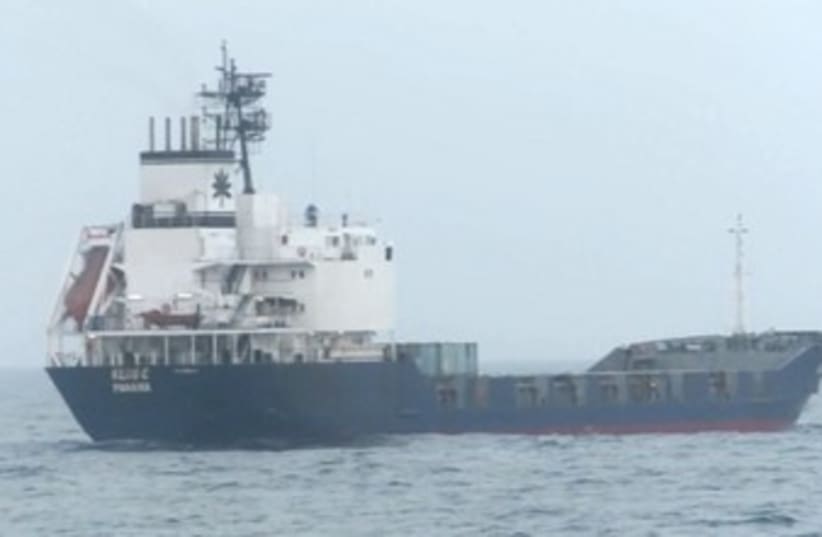A pilot sailing in Noah's Ark
We descended to the ship's cargo bay, where we revealed huge amounts of weaponry.We were thunderstruck, realizing that these weapons could have potentially changed the balance of power and wreaked terror on Israeli civilians.
